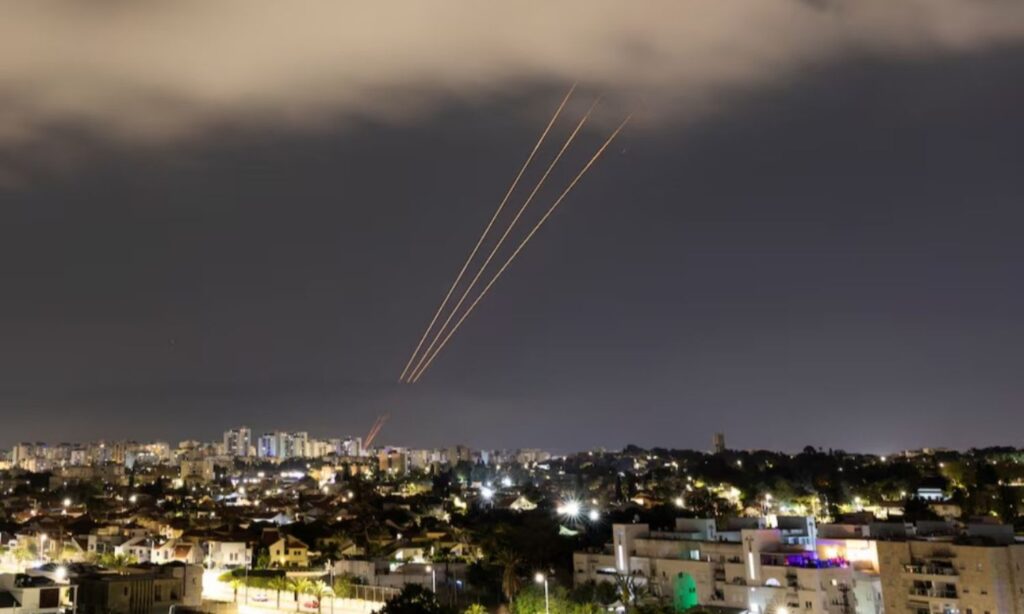Syrian official media and those close to the regime limited their coverage of the Iranian response against Israel to news reports without any comments from Syrian officials.
The Syrian territory was a major theater for the Iranian attack, as a passageway, while the United States and Israel shot down drones and missiles over Syrian territory.
The behavior of the official media is consistent with the intensified appearance of the Syrian regime’s president, Bashar al-Assad, prior to the attack, but without any political comments on the escalating conflict.
Iran launched an attack on Israel late on Saturday, April 13, in response to the Israeli bombing that targeted its consulate in the Syrian capital, Damascus.
In the Iranian reaction, which Tehran has been threatening to carry out for about two weeks, dozens of armed drones and ballistic missiles were used against Israeli targets, with more than 300 projectiles hitting.
The Iranian Students’ News Agency (ISNA) published a statement showcasing nine different types of Iranian missiles capable of reaching Israel.
The Syrian official agency (SANA) has published six news reports since last evening until the moment of writing this report, through which it conveyed the development of the Iranian targeting of Israel.
Among the news, a statement was released by the Iranian president, Ebrahim Raisi, stating that the military attack against Israel was a “natural response to the aggressions,” and occurred in the context of defending the country’s sovereignty, national interests, and enhancing regional security.
The IRGC’s Commander-in-Chief, Hossein Salami, highlighted that the military operation against Israel “was more successful than expected.”
Meanwhile, the local newspaper Al-Watan, close to the Syrian regime, did not differ much in its level of publishing from what the Syrian official agency focused on.
While the official agency published news related to the attack, Al-Watan followed the developments before they began, publishing predictions indicating that the attack on Israel would start within hours.
Tishreen, the government newspaper, issued an analytical report about the situation of the region and whether it is heading towards a comprehensive regional war or if measures and discipline will dominate the scene for the coming period.
The report posed the question “What’s next?” The newspaper highlighted that the Iranian response to the attack on its consulate in Damascus exceeded expectations, noting that some had downplayed its significance.
The report emphasized that Iranian targeting was precise and timely, confirming the promises spoken by Iranian officials since the Israeli attack.
Bombing of the Iranian consulate
The Israeli bombing of the Iranian consulate resulted in the deaths of 13 people, including 7 members of the Iranian Revolutionary Guard Corps and six Syrians, on April 1, according to what the official Iranian television announced.
Among the deceased in the attack were Major General Mohammad Reza Zahedi, responsible in the Quds Force of the Revolutionary Guard Corps for Lebanon and Syria, and General Mohammad Hadi Haj Rahimi.
Earlier, the Iranian President, Ebrahim Raisi, condemned the Israeli attack on his country’s consulate building in Damascus, stating that his country would punish Israel.

